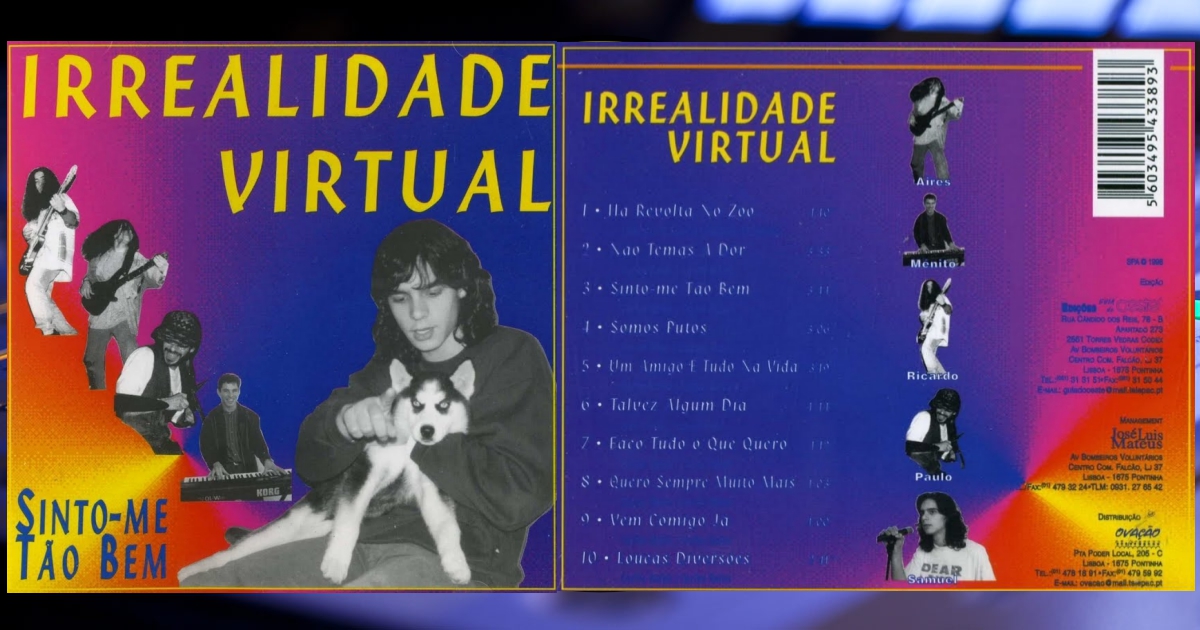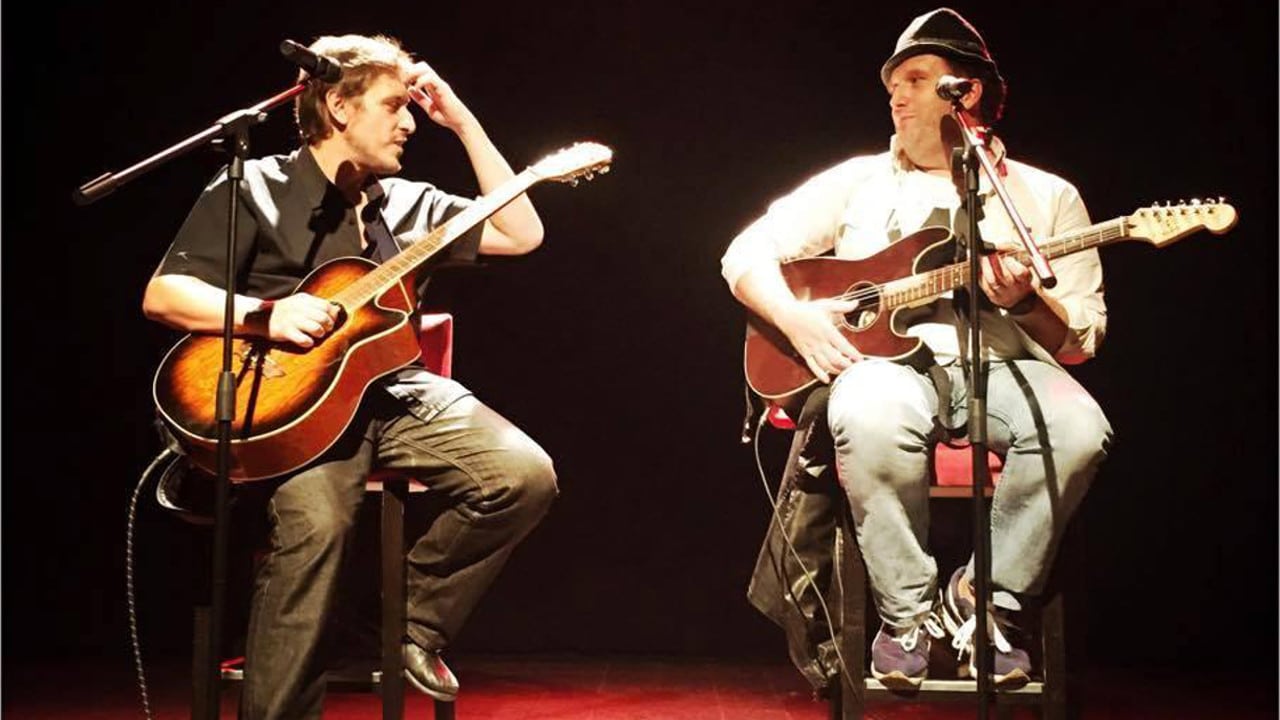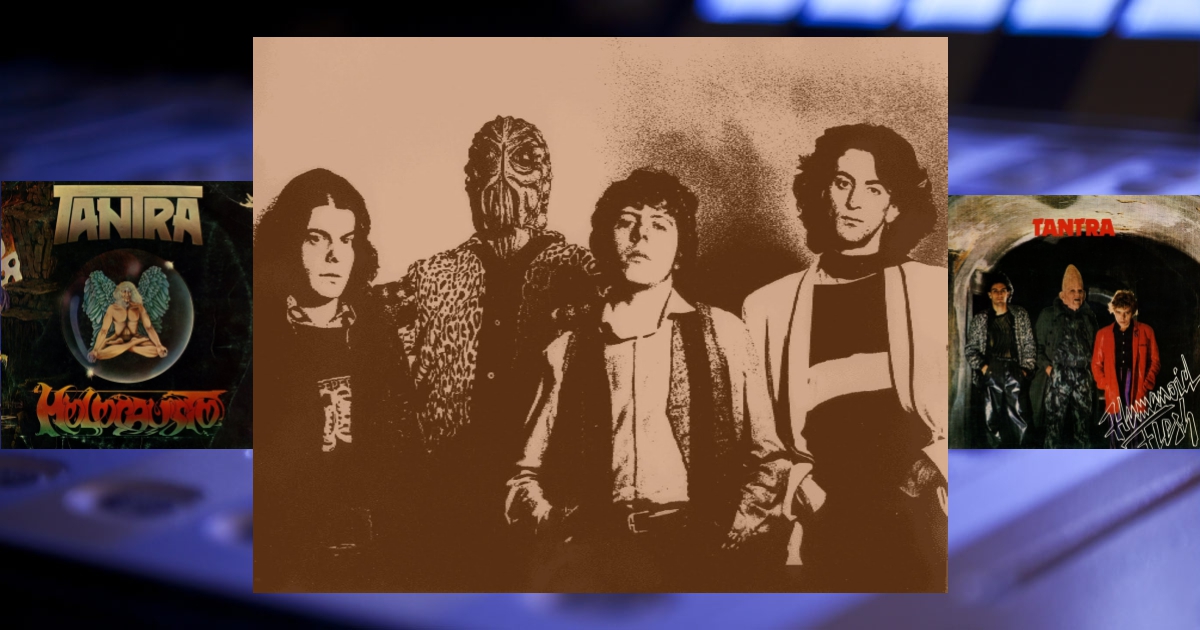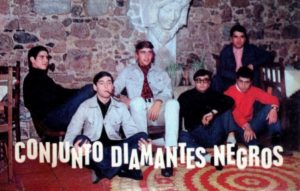Formed in Torres Vedras in May 1996, Irrealidade Virtual emerged with the simple intention of playing in local bars. The band was born from the connection between former students of the local music school Combo da Musicall: Samuel Rosa (vocals), Joaquim Pedro, Pedro Gomes and João Paulo. They quickly found in their musical bond an opportunity to present both original compositions and versions of well-known songs to the public, establishing themselves as a group with local ambitions but driven by youthful enthusiasm.
The year 1997 brought them greater visibility when they took part in the regional CD Natal’96 with the track “Sinto-me tão Bem”, an FM Rock song that projected them beyond the small bar circuit. This milestone ended up opening unexpected doors, including a television appearance that gave them wider recognition. At this stage, drummer Paulo Custódio joined the line-up, consolidating the project and adding new energy to the band’s sound.
In 1998, the record label Guia do Oeste decided to invest in Irrealidade Virtual, aiming to transform them into a band with a more commercial sound and broader media reach. This decision, however, required an almost complete overhaul of the group: only Samuel and Paulo Custódio remained, while the other members were replaced by musicians chosen by the label itself. Thus, Aires Emanuel Pereira (bass, later of Moonspell and Deep Skin), Arménio Ramos (keyboards) and Ricardo Bernardino (guitar) joined the project.
Despite the technical reinforcement and experience brought by these new members, this new phase of the band did not meet expectations. Irrealidade Virtual’s hard rock, already considered unappealing, was amplified into a style that many deemed excessive and uninspiring. The release of the band’s only full-length album was accompanied by harsh criticism, both of the music itself and of the artwork, which was accused of poor taste.
Interestingly, the album also included a cover of “Há Revolta no Zoo”, a song originally by Meninos do Coro, in an attempt to diversify the repertoire. However, this choice ended up being seen as yet another example of the project’s aesthetic inconsistency. Over the years, some members pursued other, more significant musical paths, such as Aires Pereira, but the memory of Irrealidade Virtual remained largely tied to a brief and controversial episode in the Portuguese rock scene of the 1990s.










